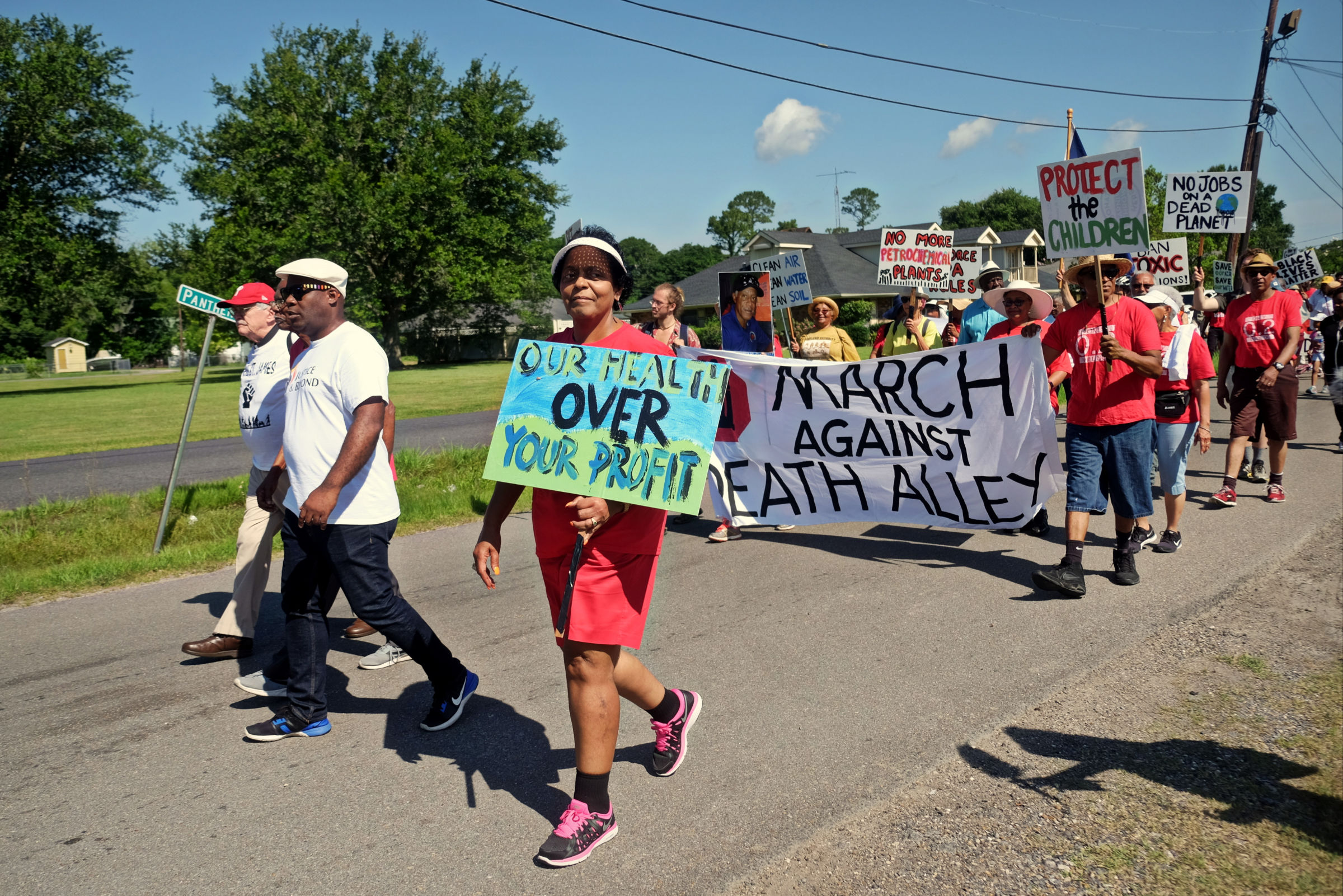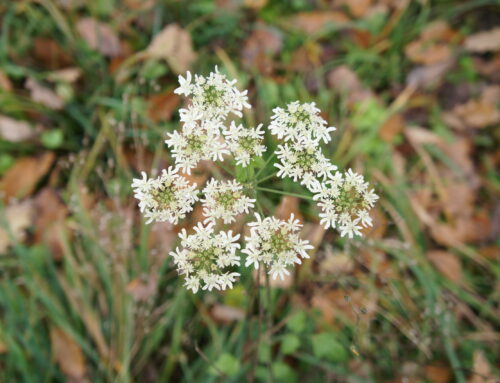The Green New Deal is often considered ambitious, yet for Indigenous communities and people of color across the United States, it is an essential catalyst for organizing and advocacy. The resolution, which highlights the need for action grounded in “justice and equity,” centers around the need to consult and include frontline groups most gravely impacted by climate change. This article explains the significance of the Green New Deal by following activists who are implementing justice-based environmental initiatives across America. Jayeesha Dutta works with Another Gulf is Possible, an organization uplifting women of color’s voices on environmental issues in the Gulf South. She shares her perspective on how to help communities in regions dominated by oil companies, and how to implement a just transition to a regenerative economy. Colette Pichon Battle, the director of the Gulf Coast Center for Law and Policy, discusses her vision for rebuilding infrastructure, creating inclusive green jobs, and leading grassroots change when progressive climate legislation is lacking. Photo Credit: Laura Borealis







